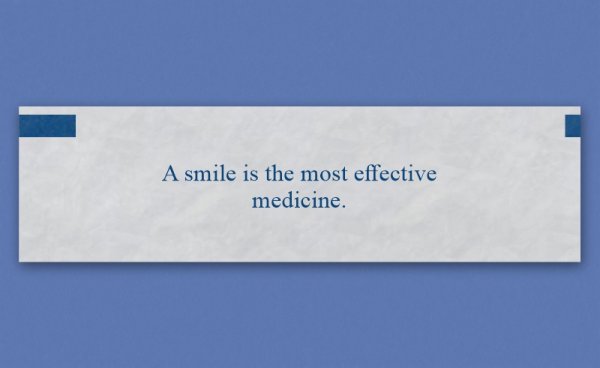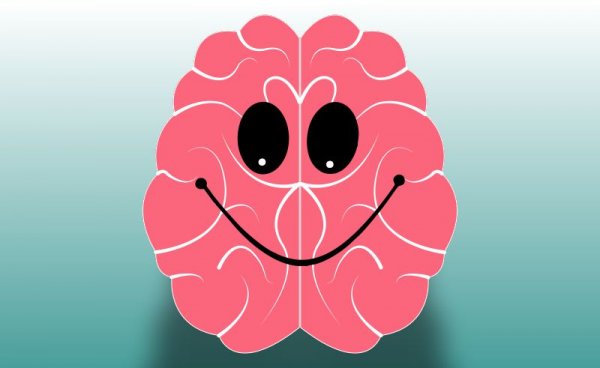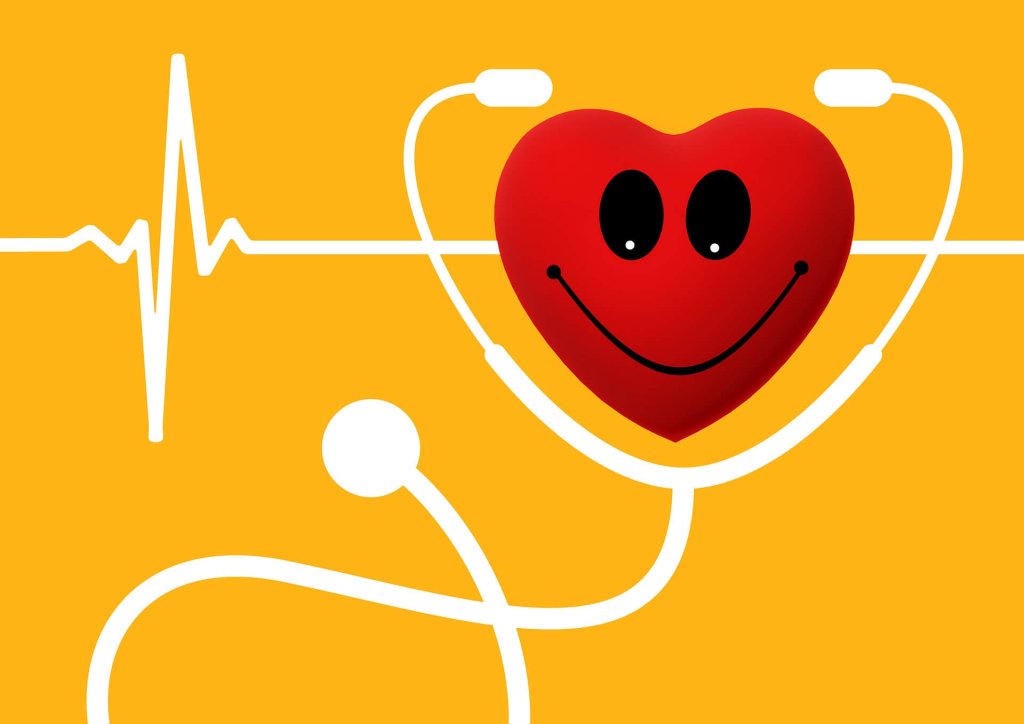Fortune Cookie Friday: Medical Benefits of Smiling
I’ve written about smiles in the past. My posts cover everything from types of smiles to using the word in songs. I also touched on the science behind a smile, and I liked to readdress that today, especially since our fortune mentions just that.

Smile History
Even if we don’t consider our facial expressions often, we make them all the time, and they are critical for communication. When I think of a smile, the image of Harvey Ball’s cheery yellow happy face comes to mind. Of course, that’s not where the smile began. A long time ago, in a wilderness far far away, early primates took an aggressive gesture and turned it on its head.
Many animals will bare their teeth as a sign of aggression or fear. Dog’s add a growl, cats hiss, and hippos “yawn.” Primates, such as the great apes, use this same display to show superiority over others in their troop.

Dominant members of the troop will often flash their fangs to let others know just who’s boss. When subordinate members see that top-notch display, they respond with a lesser smile. Instead of an open mouth with sharp teeth ready to bite, a submissive primate will clench their teeth together and relax their lips. This meek smile tells others that the individuals know their place in the troop and don’t want to pick a fight.
These animals use smiling to keep relationships healthy, but smiles are also healthy for the mind and body. Yes, grinning is good for you.
When we are born, we don’t have to learn how to smile. This innate ability sends instant messages to others when we don’t know the words and warms the hearts of those that see it. There is more to that smirk than meets the eye. Behind every smile are twelve facial muscles that work some medical miracles.
Smile Science
Smiling activates the release of chemical substances from our brains that make us feel better. Turning our frown upside-down releases proteins called neuropeptides. These polypeptide derivatives allow the neurons in our bodies to communicate. Besides influencing our metabolism, food intake, and reproduction, the tiny molecules tell our body about its emotional state—if we’re happy, sad, depressed, or excited. They can fight off stress and elevated our moods.

Smiling also encourages the release of feel-good neurotransmitters such as dopamine, endorphins, and serotonin. These chemicals relax our body and lower our heart rate and blood pressure.
Endorphins work like natural pain relievers. Instead of taking over-the-counter medicine, a smile can stave off our aches and pains without the adverse side effects. And we don’t have to fight with opening the bottle.
Serotonin is our body’s pick-me-up or anti-depressant, but again without the side effects of a pill. We can trigger the production of serotonin by exposing ourselves to natural sunlight, by getting some exercise, and by happy thoughts. Smiling activates that same neural response. Of course, we can still think happy thoughts while we exercise outside. Just do with a smile, and we’ll work a few more muscles for that extra boost.
Dopamine plays a role in the brain’s reward system to help reinforce certain behaviors. Whenever we do or experience something good, we release dopamine from our brain. The rewarding feeling will make us smile, but there’s more. A smile contracts the muscles in our face sending a signal back to the brain where we release—you guessed it, dopamine. A simple smile can convince the mind to feel better. Our brain feels good and tells us to smile; we smile and tell our brain it feels good, and so on.

A forced smile can make you feel better, as well. Some studies even found that saying vowel sounds that force your facial muscles into a “smile” position can make you feel better. The long “e” sound stretches the corners of the mouth, similar to a smile. If we like puppies or candy, we can think about them and say the words. The thoughts elicit the release of serotonin, and the words control a dopamine effect.
Smiling can even boost our immune systems. Since the facial expressing relaxes the body, we produce less cortisol that can put a strain on various systems. There was also a study that found smiling helps our body produce white blood cells to fight illness.
Smile Back
Instead of catching a cold, catch a smile. Did you know that a smile is contagious? Studies show that people become content when others are smiling. I’m not saying that the doctor can fix all our ills with a smile, but it certainly helps.

It can also help to keep pictures of happy friends and family around. A Swedish study found that it is difficult to frown when you look at people who are smiling at you. Seeing people smile stimulates the mirror neurons in our brains to suppress our facial muscle control, and trigger a smile. You can’t help but smile at that one, so why fight it if it makes you better.
As you can see, a smile can be a powerful pill. It doesn’t take much to make, is beneficial to the body, and even helps others. They say, “laughter is the best medicine,” but smiling is just as good—happy, happy, healthy. 🙂




